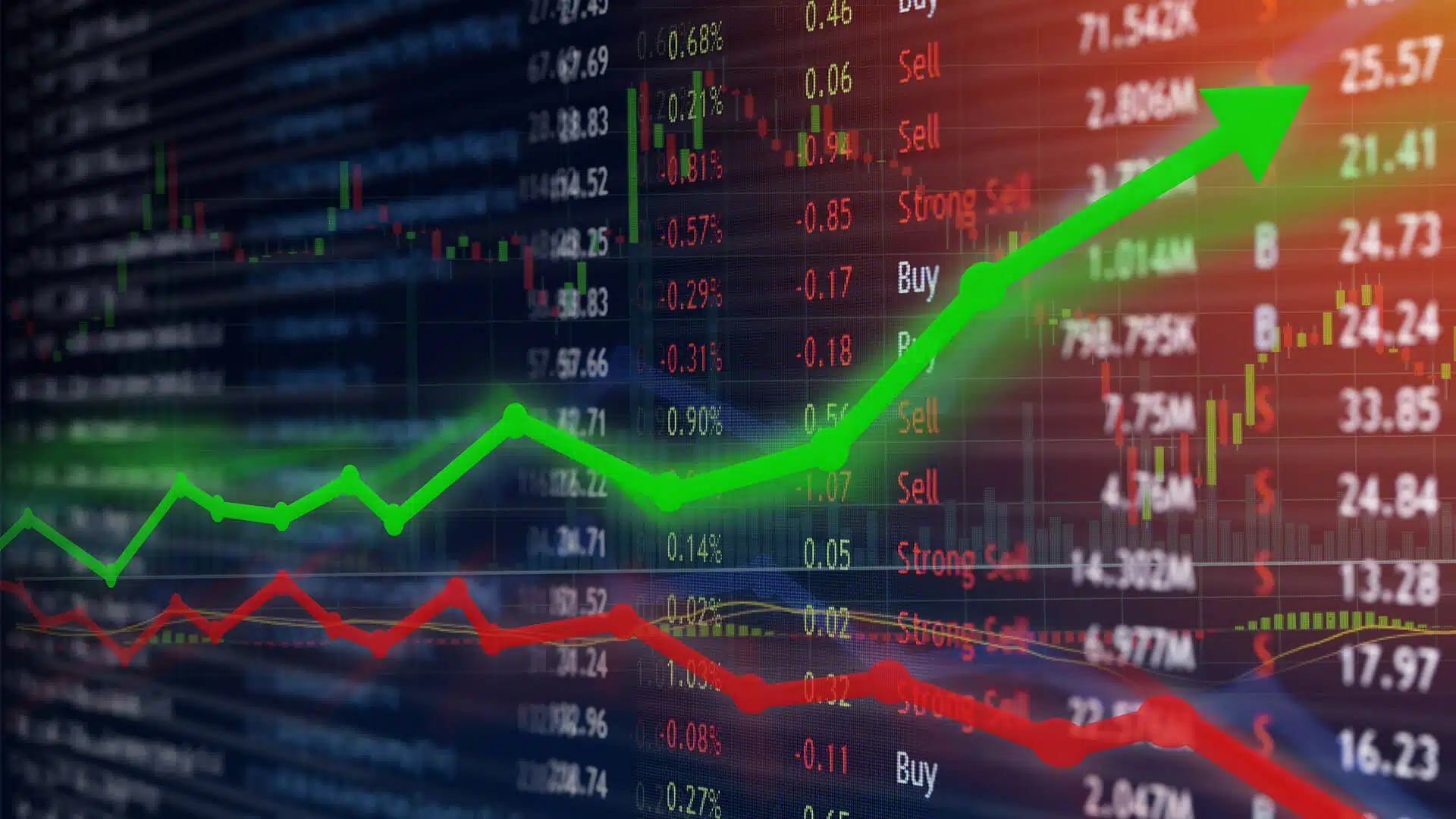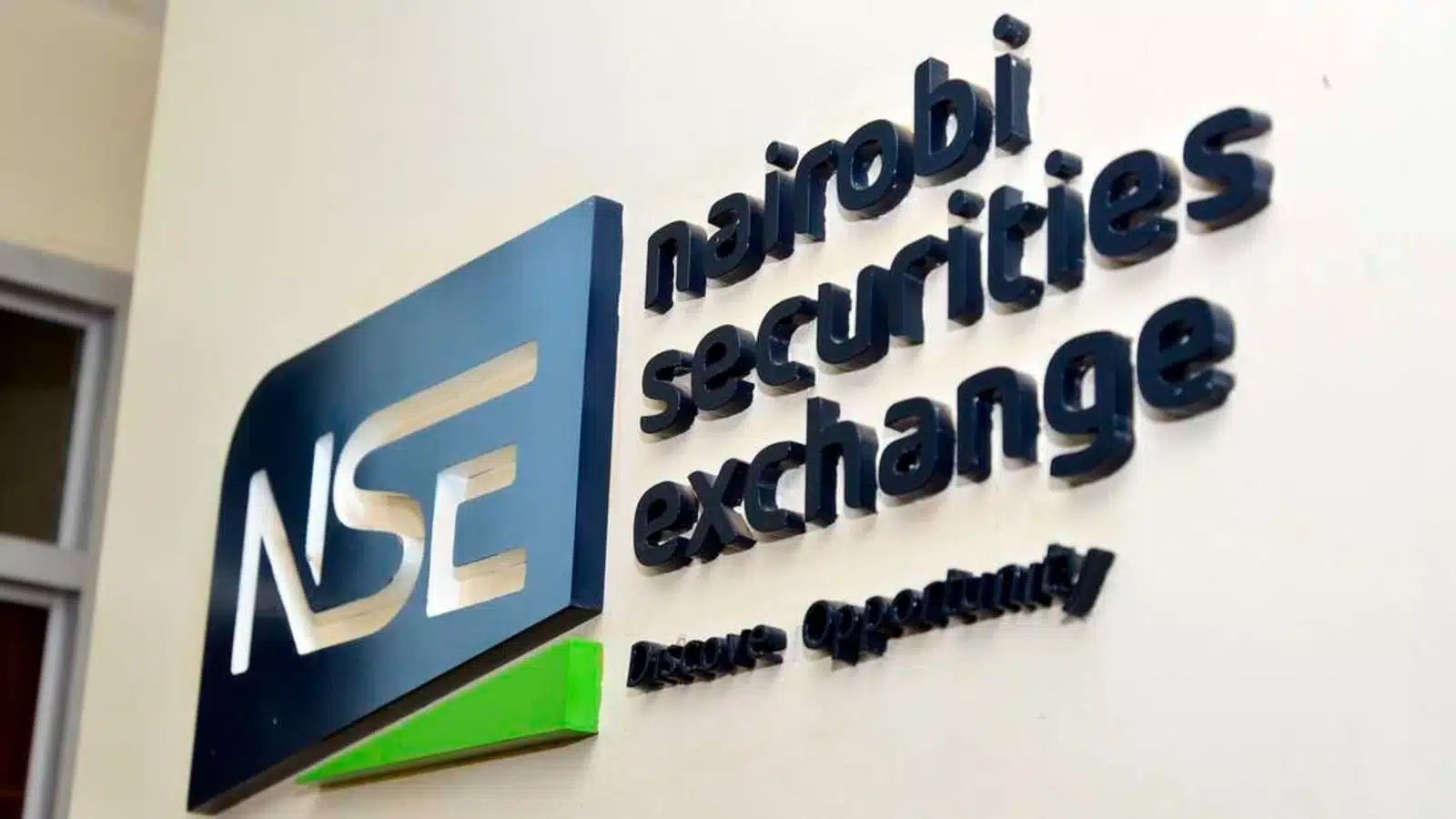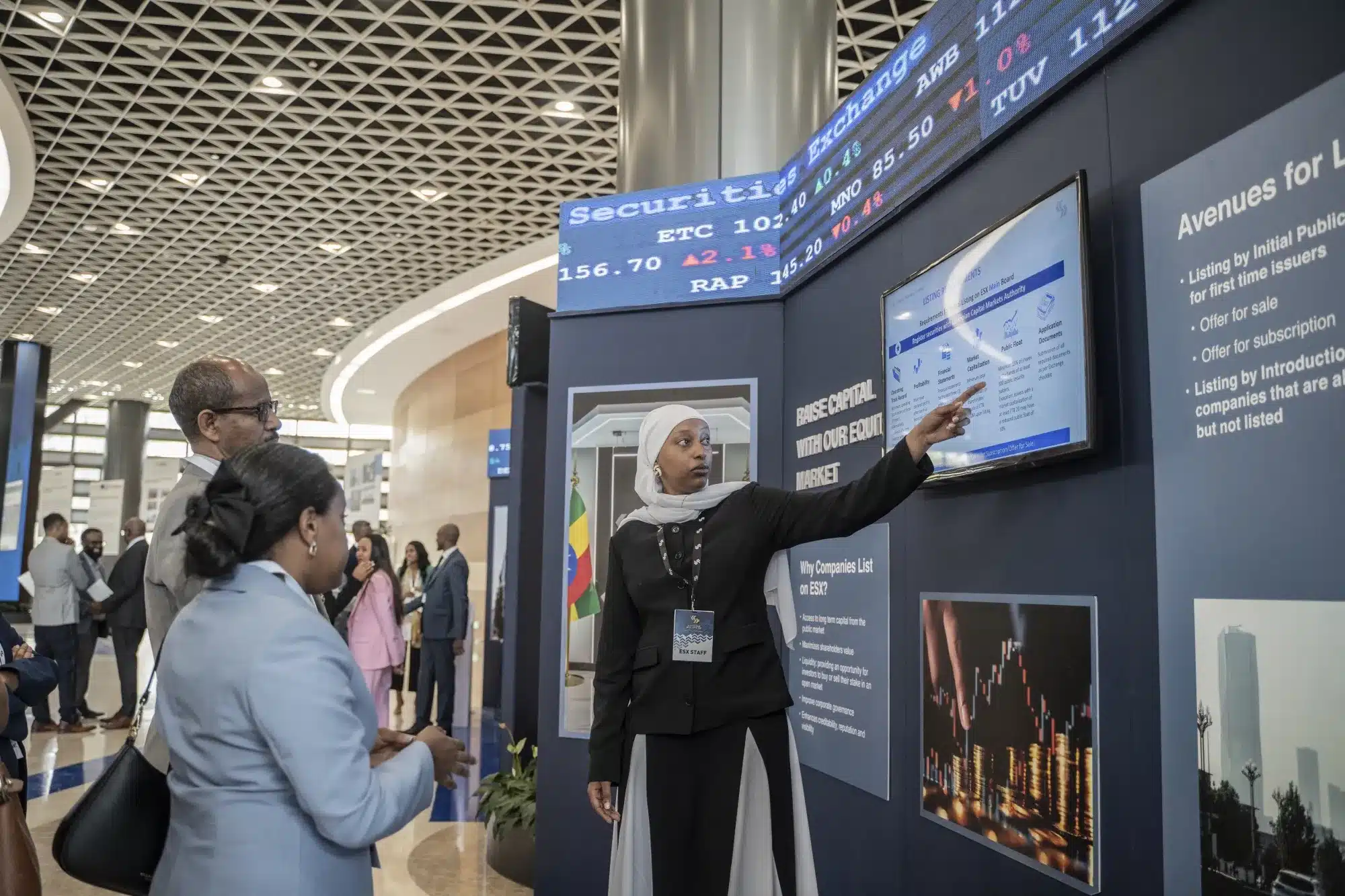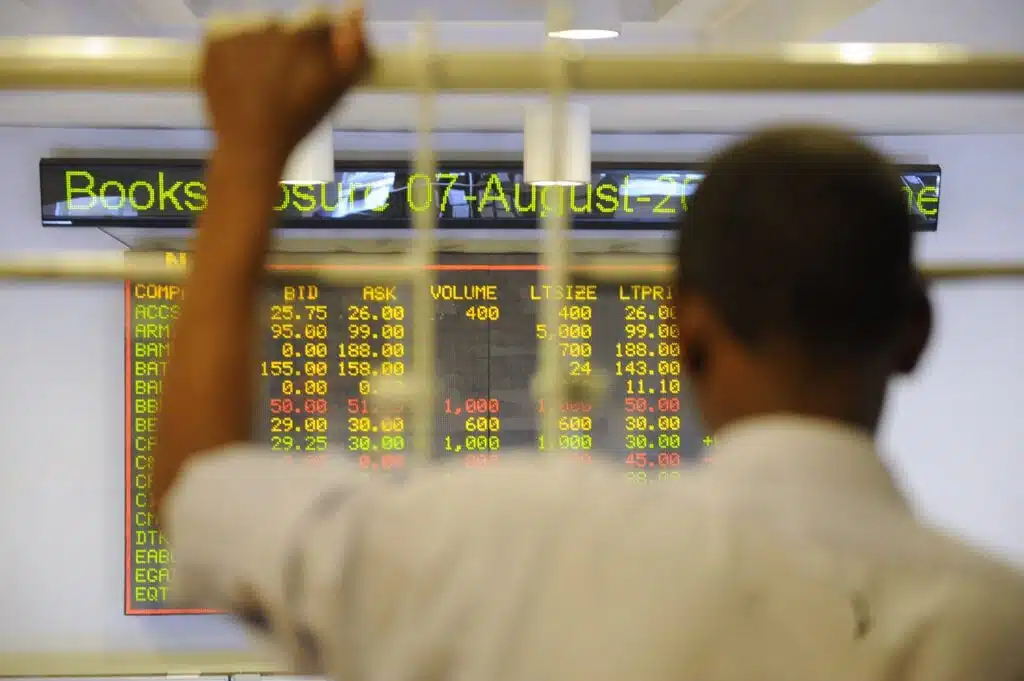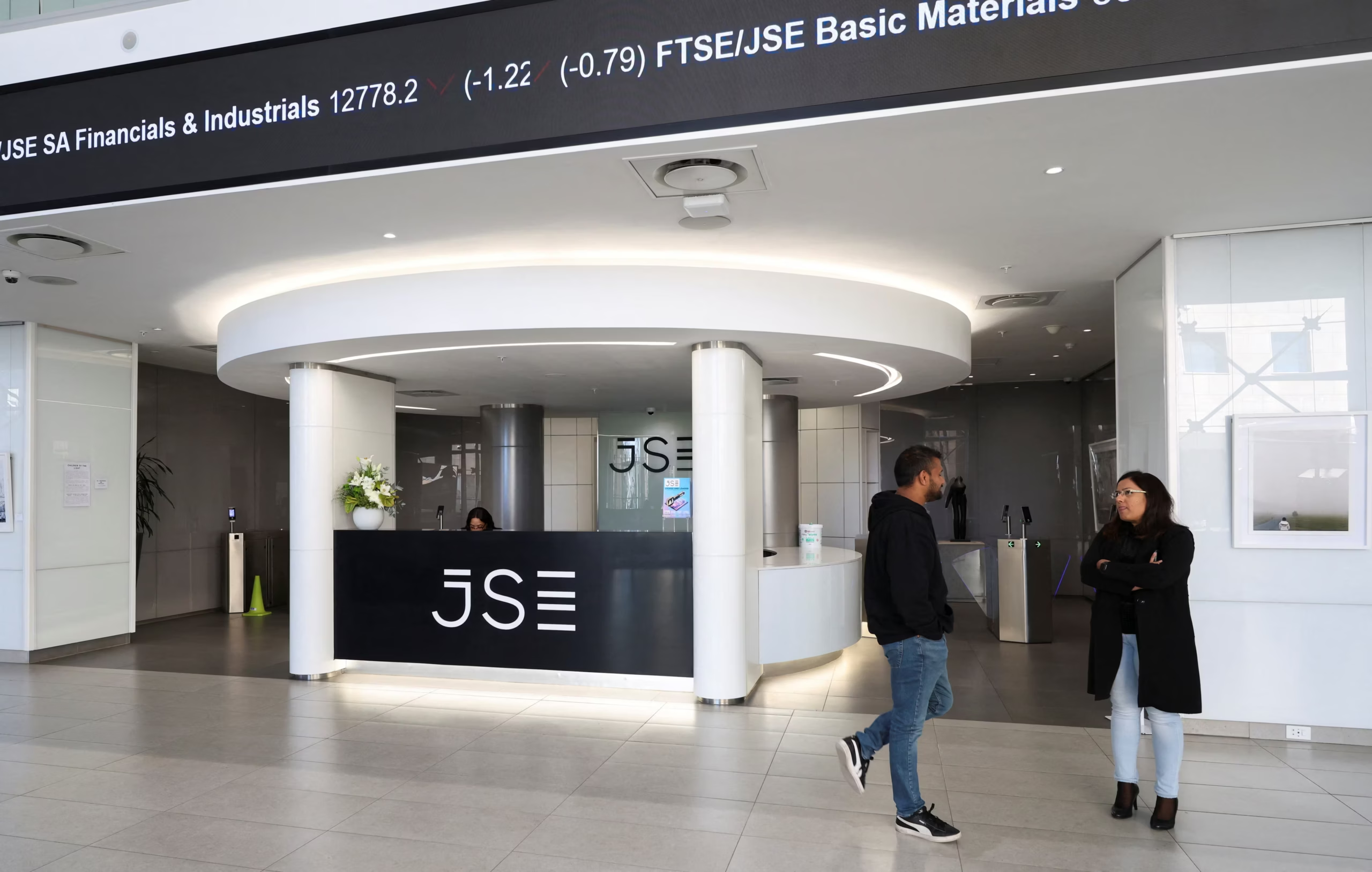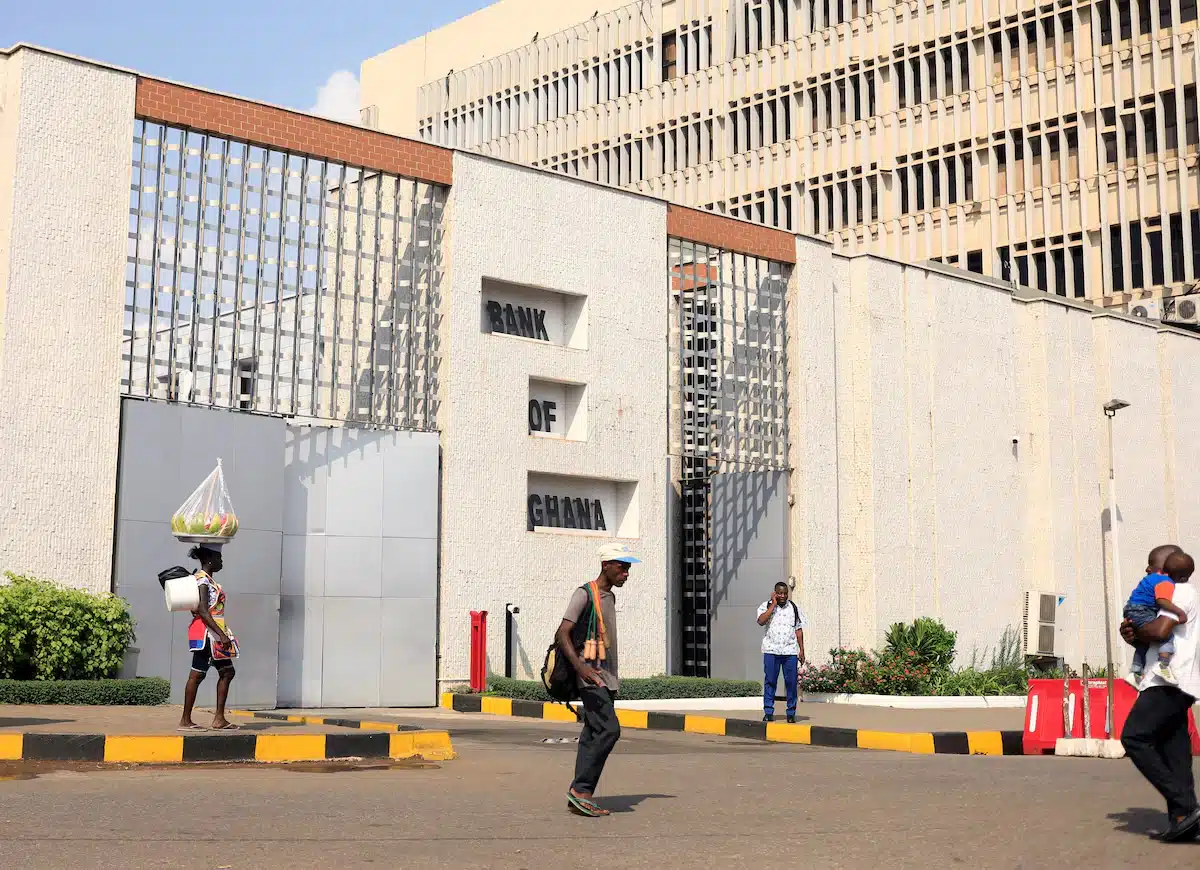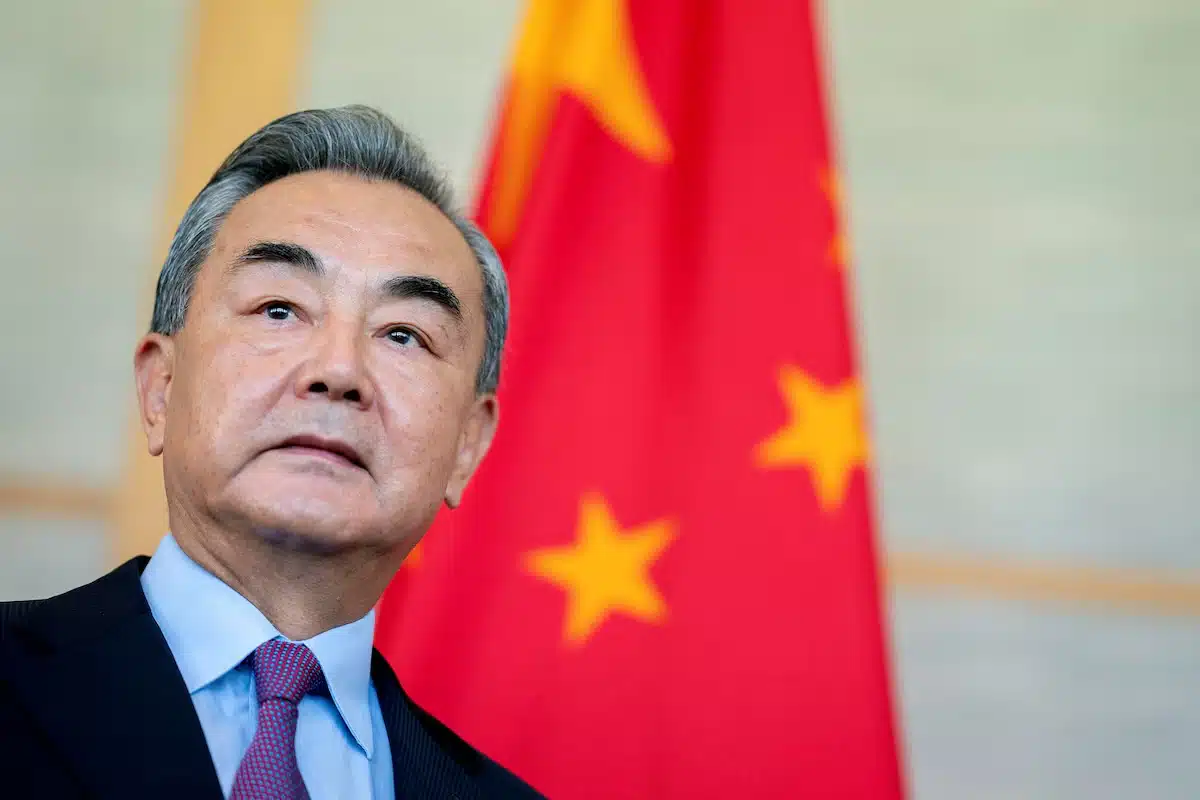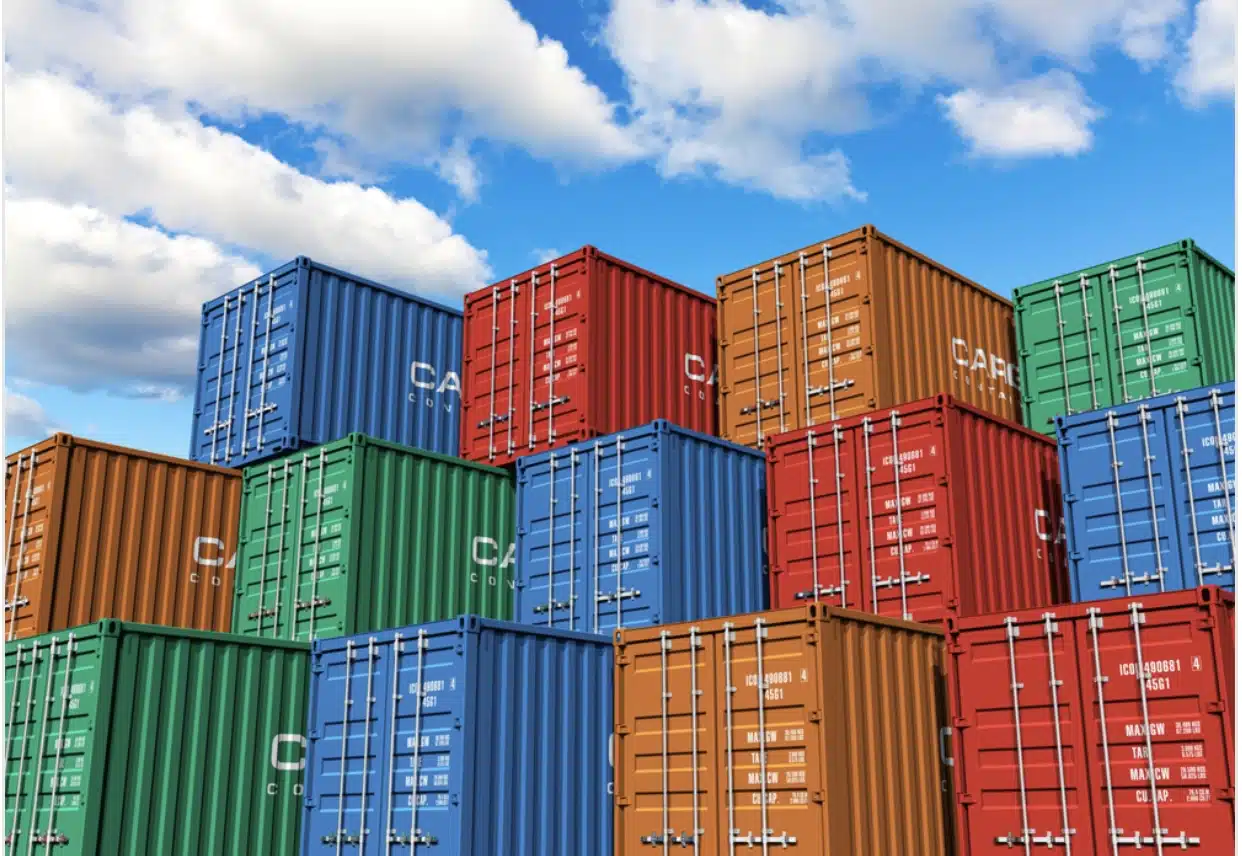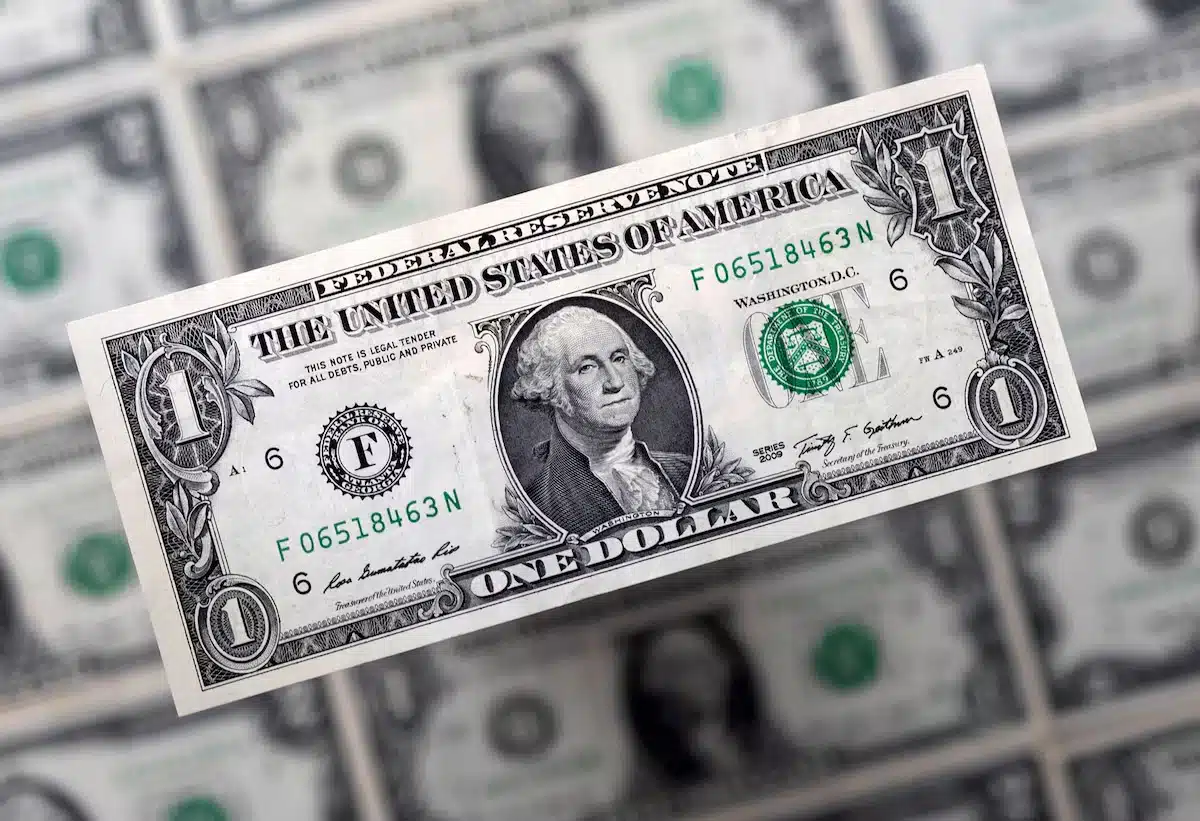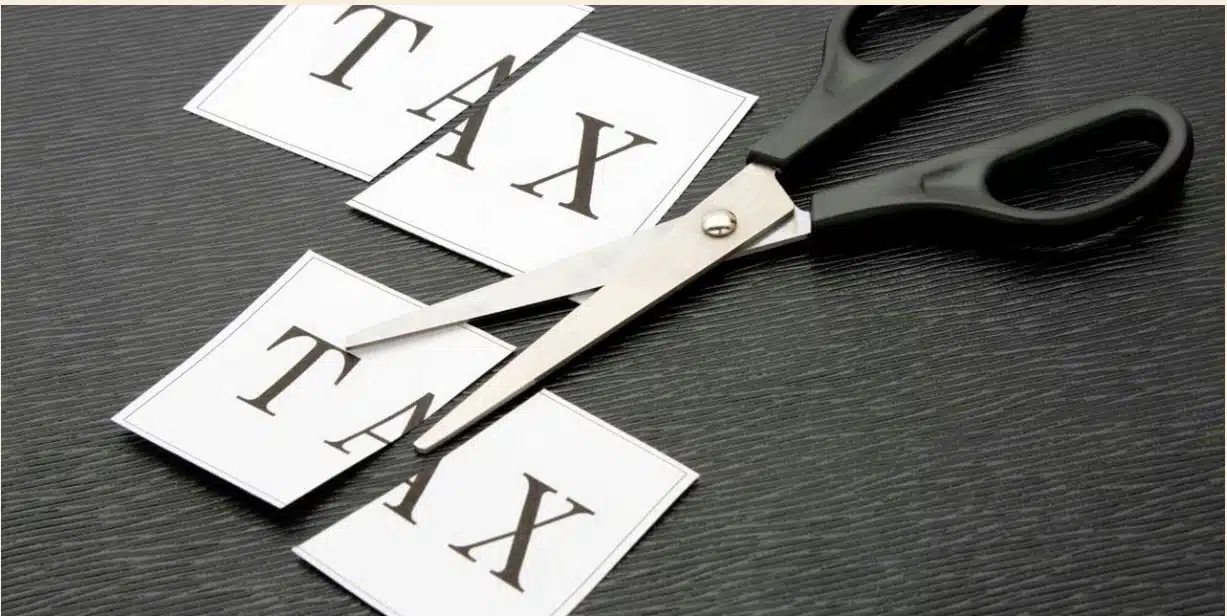As of July 16, 2025, Nigeria’s stock market reached a historic milestone, with the All-Share Index (ASI) climbing to 128,967.08 points — up 1.79% from Monday and 24.9% year-to-date.
While this lags the 65.8% gain recorded during the same period last year, it firmly establishes the Nigerian Exchange Limited (NGX) as one of Africa’s top-performing bourses, with a market capitalisation of $53.3 billion.
Since breaking the 100,000-point mark on December 17, 2024, and closing above 120,000 points in June, the NGX has defied domestic economic challenges and global volatility as policy reforms, investor confidence, and strong sectoral performance are driving its sustained rally.
Reform-driven momentum
Market analysts credit the ongoing macroeconomic reforms under President Bola Tinubu as key to restoring investor sentiment. These reforms include the liberalisation of the foreign exchange market, the removal of the petrol subsidy, and a tightening of monetary policy.
“The NGX has built steady momentum since snapping its 2019–2020 losing streak,” said Ikeoluwa Alabi, a research analyst at Afrinvest Limited. “Reforms, combined with strong corporate earnings, have triggered a renewed wave of confidence.”
Alabi expects the rally to continue as investors seek yield-rich alternatives in uncertain global markets. “With improving fundamentals and global uncertainty, Nigeria remains an attractive hub for capital,” she added.
Market movers: Banks, insurance, and oil & gas lead the charge
Investor activity has surged across key sectors, particularly in banking, insurance, and oil & gas.
“Even as a professional, the daily gains on the NGX are both thrilling and sobering,” said Lagos-based financial data analyst Olayinka Ojo on LinkedIn. “Now’s the time to stay informed and think long-term.”
The NGX recently revealed that more than $3.03 billion in capital was raised in the first half of this year through a combination of corporate and sovereign instruments listed on its platform.
According to the group, one of the major drivers of this capital raise was the NGX Invest platform, a digital solution launched in 2024 to simplify investor participation in public offerings.
A modernised exchange
Founded in 1960 as the Lagos Stock Exchange, the NGX has undergone significant transformation. It’s 2021 demutualisation converted it into a profit-oriented holding company — Nigerian Exchange Group Plc — comprising four core subsidiaries:
- NGX Exchange: Hosts 361 instruments, including 146 listed companies, 53 fixed income securities, 12 Exchange Traded Fund (ETFs), six index futures, and 39 memorandum listings.
- NGX Regulation (RegCo): Ensures compliance and market integrity.
- NGX Real Estate (RelCo): Manages and monetises real estate assets.
- NGX Technology (TechCo): Leads digital transformation and supports tech startups.
“This continues to drive market development through innovation, digital tools, and policy engagement aimed at keeping the market dynamic and investor-focused,” the group said in a statement.
Listing boards
The NGX offers three listing tiers:
- Main board: For large firms like GTCO and Access Holdings.
- Premium board: For companies such as Dangote Cement and Seplat Energy, meeting the highest governance standards.
- Growth board: Designed for high-growth SMEs.
Companies can list via IPOs or direct listings, exemplified by MTN Nigeria’s 2019 market debut.
Sectoral deep dive
Banking
With 11 major listed banks, the sector accounts for $8.54 billion (16.5% of total market cap). Guaranty Trust Holding Company (GTCO) ($2.23 billion), Zenith Bank ($1.86 billion), and United Bank for Africa ($1.16 billion) lead the pack. The new recapitalisation drive is attracting renewed investor interest, despite FX losses and rising loan defaults.
Insurance
Twenty listed insurers are now valued at $439.9 million — up 56% from 2024. Leaders include AXA Mansard ($75 million) and NEM Insurance ($72 million). Digital innovation and regulatory capital requirements are fuelling growth.
Oil & Gas
Despite just seven listings, the sector makes up 7.83% of the market capitalisation. Seplat ($2.09 billion) and Aradel Holdings ($419.7 million) dominate. The anticipated listing of Dangote Refinery in 2026 could further boost the sector.
Industrial goods
Led by Dangote Cement ($4.68 billion) and BUA Cement ($2.00 billion), this sector contributes 15.5% of total market value. It’s buoyed by infrastructure spending and regional exports.
Consumer goods
With 20 listed firms, the sector represents 17.8% of the market cap. BUA Foods ($5.39 billion) tops the list, followed by Nestlé Nigeria and Nigerian Breweries. Companies are increasingly localizing supply chains to combat inflation and import dependency.
Conglomerates
Though accounting for just 1% of market cap, firms like Transcorp and UAC of Nigeria are gaining investor attention through diversification and earnings growth.
Telecommunications
Driven by Airtel Africa ($5.67 billion) and MTN Nigeria ($4.90 billion), this sector is expanding rural connectivity and data infrastructure, with NGX-listed capital aiding growth.
Agriculture
Presco and Okomu Oil are key players in this fast-growing sector. Despite its promise, risks around climate, logistics, and regulation persist.
Healthcare & Pharma
At just 0.66% of market cap, the sector is underrepresented but gaining relevance post-COVID, as local manufacturing scales up. Notables include May & Baker and Fidson Healthcare.
Real estate & REITs
Still emerging, the space includes players like UPDC REIT, benefiting from rising housing demand and investor interest in alternative assets.
Index highlights & investor trends
As of July 11, the NGX All-Share Index was up 22.5% year-to-date. Sectoral performance was led by:
- Insurance index: +13.83% (weekly)
- Banking index: +12.49%
- Industrial goods index: +2.94%
- Oil & gas index: -0.72% (dragged by OANDO, ETERNA, ARADEL)
Local investors account for 83% of market activity, while foreign inflows have risen to 17%, reflecting improved sentiment. Dividend-focused investors continue to favor GTCO, Zenith, and UBA for their double-digit yields.
Challenges persist
Despite strong gains, Nigeria’s equities market still lags behind more mature markets like South Africa and Egypt in terms of liquidity, depth, and governance.
Policy inconsistency — from shifting capital thresholds to surprise sector levies — also creates uncertainty. Weak corporate governance, particularly in insurance and manufacturing, continues to limit institutional participation.
A report by The African Exponent projects that African bourses will hit $1.42 trillion in market capitalisation by year-end, driven by reforms, investor optimism, and strong commodity prices, with Nigeria positioned to play a key role.
Looking ahead: Tech listings hold the key
Despite being home to leading African startups like Flutterwave, Moniepoint, and OPay, the NGX has yet to host a tech unicorn. That may soon change. The bourse has launched a dedicated Technology Board and is easing listing requirements to attract startups.
If successful, this could deepen retail participation, attract global capital, and align the NGX with Nigeria’s booming digital economy.
As Nigeria retools for growth, the NGX is emerging as more than a mirror of macro reforms — it is becoming a platform central to the country’s economic transformation. At $53 billion in value, the market may be just scratching the surface.
The figures were originally reported in naira, and have been converted using $1 = ₦1,529.9 as of July 16, 2025.

